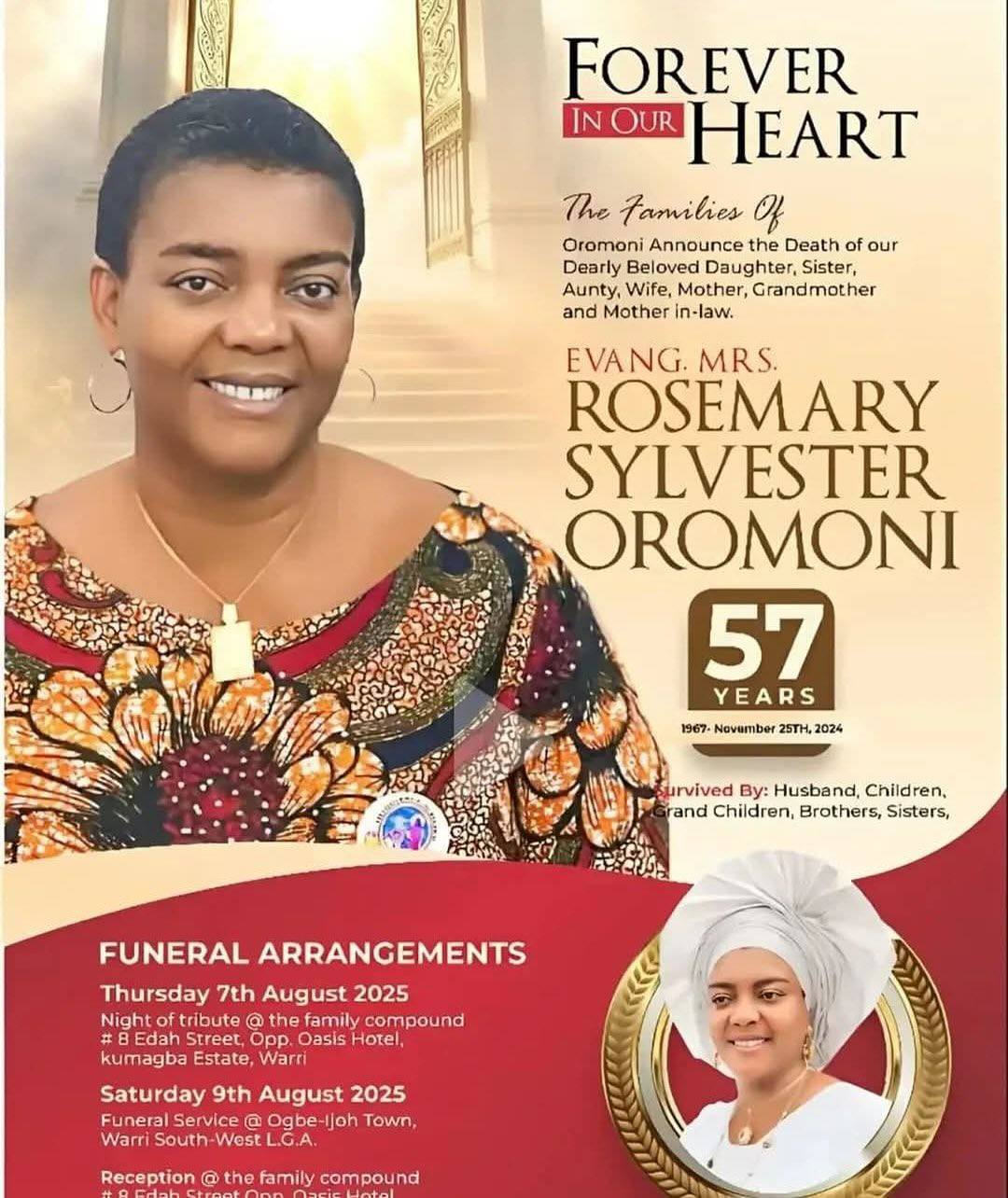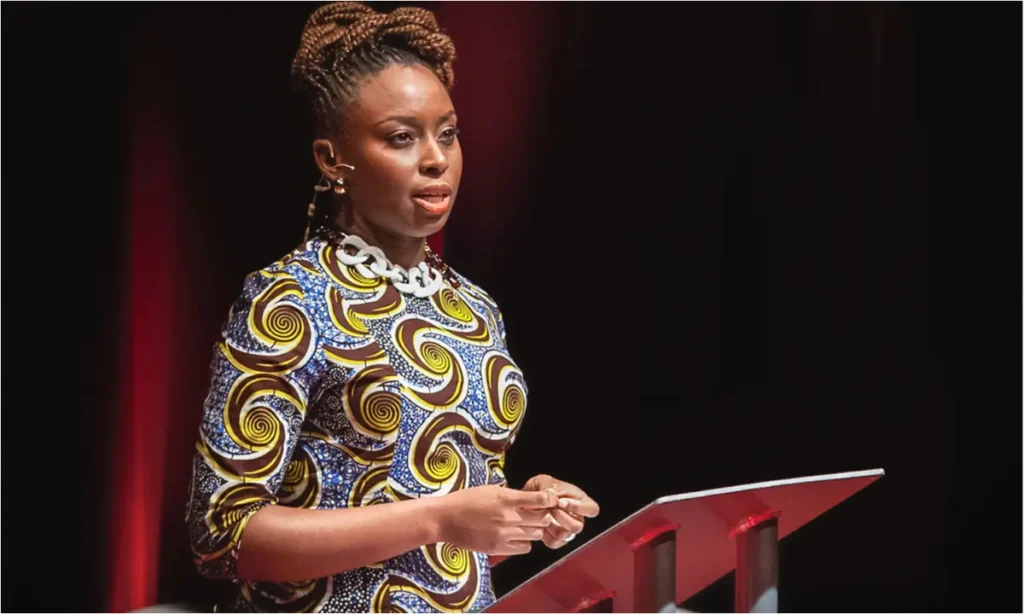Now Reading: After Three Years of Grief and Legal Battles, Sylvester Oromoni’s Mother Set for Burial in Warri
-
01
After Three Years of Grief and Legal Battles, Sylvester Oromoni’s Mother Set for Burial in Warri
After Three Years of Grief and Legal Battles, Sylvester Oromoni’s Mother Set for Burial in Warri

Evangelist Rosemary Oromoni, mother of the late Dowen College student Sylvester Oromoni Jr, will be laid to rest this month in Warri, Delta State—bringing to a close one of Nigeria’s most heartbreaking chapters of loss, public outcry, and unanswered questions. Her burial comes eight months after her quiet passing in November 2024, following years of battling depression and hypertension linked to the trauma of losing her son.
Oromoni’s death sent shockwaves through the nation when it occurred in 2021. The 12-year-old student died under suspicious circumstances that sparked national outrage. His family alleged he was beaten and forced to ingest a toxic substance by senior students, while Dowen College maintained he sustained injuries while playing football.



The mother, who fought relentlessly for justice, became a symbol of parental resilience across Nigeria. She appeared at court hearings, led protests, and granted tearful interviews, demanding accountability. Close family sources said her health rapidly deteriorated after several court rulings went against the family’s claims, including a Lagos coroner’s controversial verdict in 2023 that Sylvester’s death resulted from sepsis, not chemical poisoning.
Conflicting autopsy reports further muddled the case. While initial examinations pointed to internal trauma and poisoning, state-authorized reviews dismissed these findings. No student was convicted, and the school reopened months later, sparking outrage among human rights groups and civil society organizations.
The family refused to bury Sylvester for over two years, insisting justice must be served first. His body was finally interred in January 2024 in Warri, in a ceremony marked by sorrow and national attention. Barely ten months after that emotional moment, his mother reportedly died quietly in their Delta home.
The Oromoni family has now released official burial plans. A service of songs will be held on Thursday, July 18, 2025, at their Warri residence, followed by a funeral service and interment the next day. Tributes have poured in from across Nigeria, with many calling her a “mother of courage” who refused to back down even when the system failed her.
Her death, like her son’s, remains a stark reminder of the lingering trauma that justice denied can cause. For many Nigerians, the story of the Oromonis is not just about loss—it is about the price families pay when institutions fall short.




